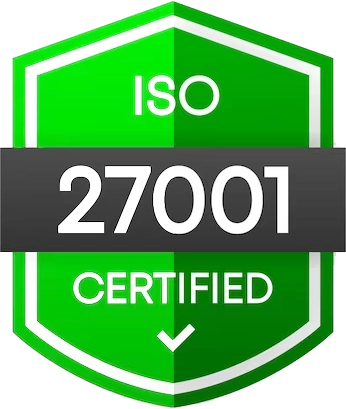

Vulnerability scanning is not explicitly required by the GDPR (General Data Protection Regulation) or POPI (Protection Of Personal Information Act).
Although the Regulation does require organisations that process personal data to ensure that they have implemented appropriate technical and organisational security measures – which includes identifying vulnerabilities.
The international standard for information security, ISO 27001, also requires organisations to take similar steps, and the PCI DSS (Payment Card Industry Data Security Standard) includes vulnerability scanning in its list of requirements.
Timely identification of vulnerabilities. Assessment of your organization’s exposure to a vulnerability.
Proper measures considering the associated risks.
ISO/IEC 27001 is the world's best-known standard for information security management systems (ISMS). It defines requirements an ISMS must meet.
The ISO/IEC 27001 standard provides companies of any size and from all sectors of activity with guidance for establishing, implementing, maintaining and continually improving an information security management system.
With cyber-crime on the rise and new threats constantly emerging, it can seem difficult or even impossible to manage cyber-risks. ISO/IEC 27001 helps organizations become risk-aware and proactively identify and address weaknesses.
ISO/IEC 27001 promotes a holistic approach to information security: vetting people, policies and technology. An information security management system implemented according to this standard is a tool for risk management, cyber-resilience and operational excellence.
